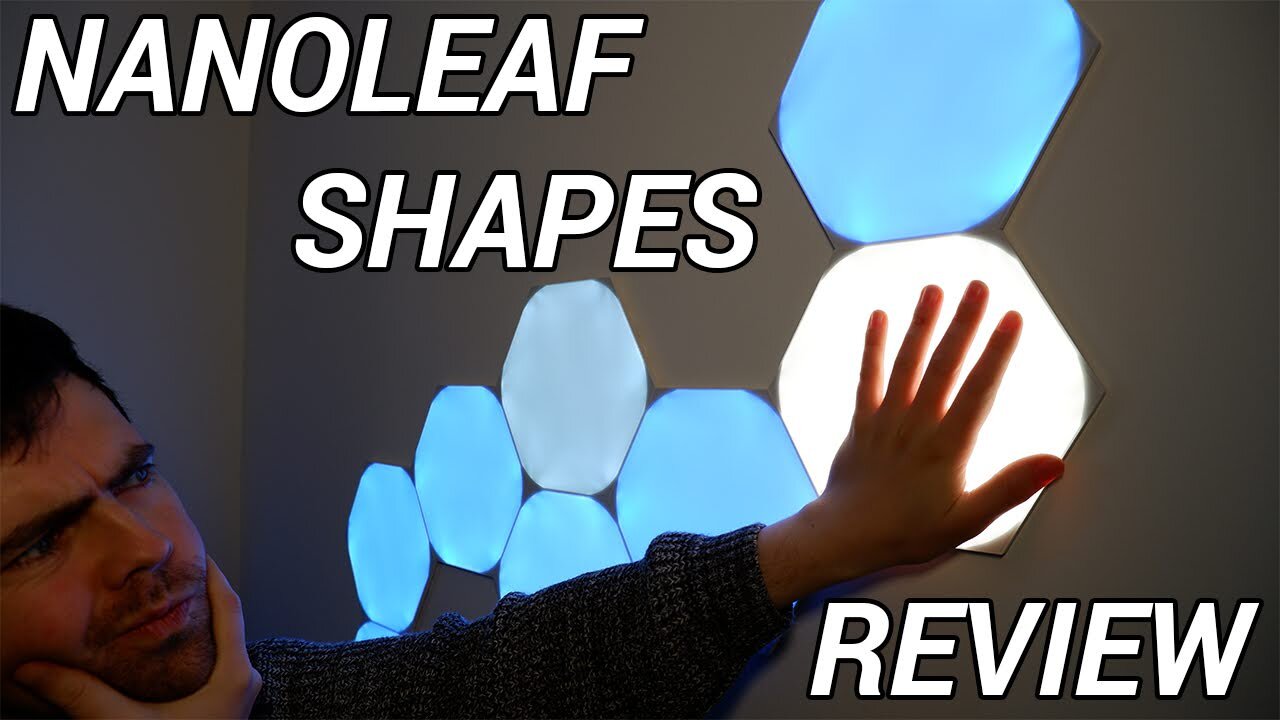Scientists Discover Strange Planet Within Three Suns
A massive planet has been found more than 340 light years away, in a solar system that contains not just one sun, but three. That means this unique world experiences a sunrise and set three times every day!
With the help of the Very Large Telescope in northern Chile, the researchers managed to capture direct images of this planet, which has been lovingly named HD 131399Ab.
To find a planet within a multi-start system is one of the most difficult observations to pull off in modern astronomy because the overwhelming brightness drowns out any of the orbiting planets from view. So to do so, they used a combination of the following techniques:
- Adaptive optics: using mirrors to correct all the distortion caused by the Earth’s atmosphere
- Coronagraphs: these little beauties are designed to blog out the light from surrounding stars
The team claim the planet to be a gas giant, roughly 4 times larger than Jupiter with methane and water in its atmosphere. Its orbit is truly fascinating - as HD 131399Ab travels around one of the stars at a distance that’s approximately twice that between the Sun and Pluto. This orbit lasts 550 Earth-years and for most of that time, the planet will have a standard day-night cycle.
However, for 140 of those years, one sun sets just as the other rises, meaning the planet is bathed in constant sunlight. This is something that astronomers have never seen before and was seen to be impossible by scientists. An orbit like this between three different suns should make the planet unstable, but today’s discovery reveals that’s not the case.
This type of direct imaging has also unlocked more secrets about HD 131399Ab – we can determine its 16 million years old, and has an estimated temperature of 1,076 degrees Fahrenheit (that’s 580 degrees Celsius). That makes it the coldest exoplanet we’ve ever discovered.
And it’s a good thing they caught it while they could! The planet’s orbit goes quite close to the other two stars, putting it at risk of being catapulted out into the universe. Regardless, this is an amazing discovery that rewrites the history books on what we thought was possible.












Alongside the scientists, 50% of the British public and the future health of young people across the nation, I have one simple request: delay Freedom Day, please.